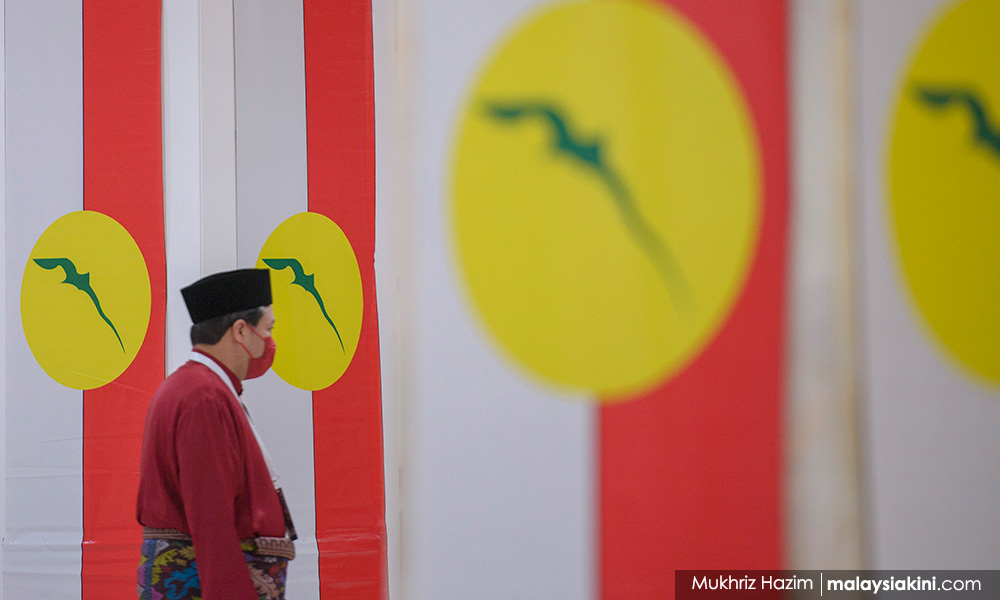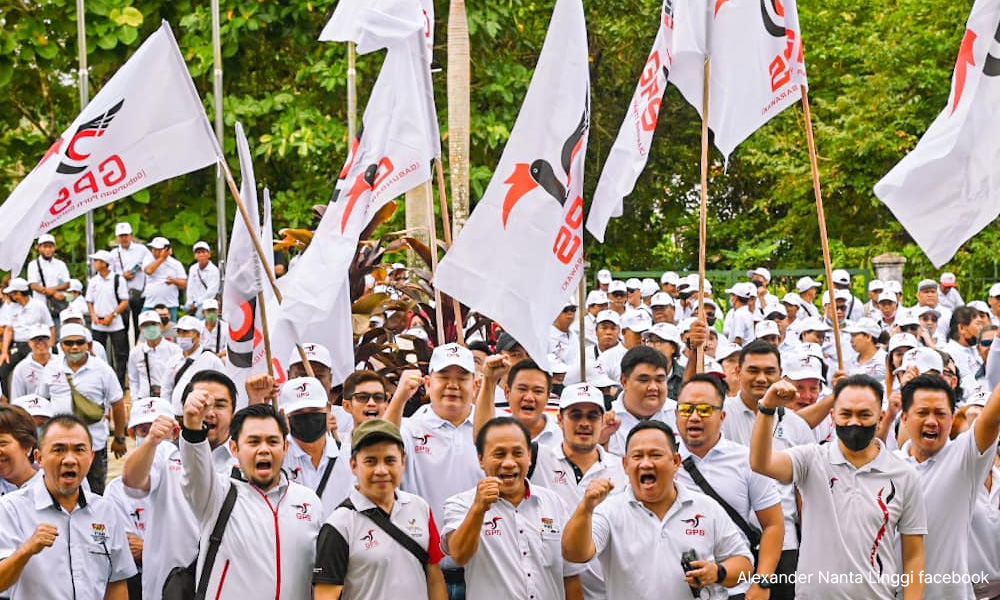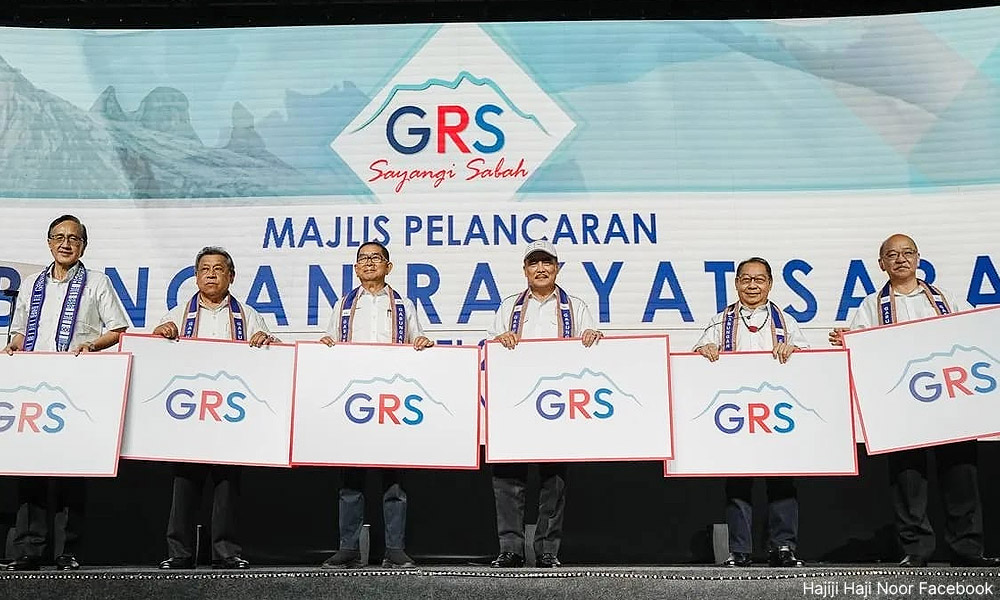A recipe for a stable, great cabinet which reflects the aspirations of the people as indicated by the number of Parliamentary seats the respective coalitions obtained should have three, not two deputy prime ministers (DPMs), with important ministries to be handled largely by Pakatan Harapan nominees.
After all, Harapan has 82 seats, Umno/BN 30, and Sarawak’s GPS 23, giving just these three coalitions a clear majority of 135 in the 222-seat Parliament. Thus, cabinet positions should be given in proportion to the seats held by these parties with exceptions made for one or two ministers for Sabah.
But first the thorny issue of DPMs. The PM is from Harapan and if anything happens to him, the one to succeed him should be from Harapan as reflected by the numbers. To ensure a smooth transition that means there should be a Harapan DPM now in addition to one from Umno and GPS.
Here’s the thorny part. We all know that under the law one is presumed innocent until proven guilty.
But does that mean that a person who has the proverbial sword hanging over his head can be made DPM or even minister? No! Unless it is pretty obvious that they are being fixed.

Looking at the various court clusters and the ongoing court cases, the indications are that none of them falls into the category. Thus it might be an excellent idea to simply exclude all people facing court cases from any ministerial position and thereby avoiding needless controversy.
Then, the PM can suggest that Umno and GPS name untainted, able senior MPs for the position of DPM - ask them to give a list of three names from which the PM can choose, one each from the two coalitions.
The three DPMs will have relatively important portfolios.
For the Harapan DPM, the choice is clear - the deputy president of PKR becomes the DPM. This way, the kingmakers won’t become kings when anything untoward occurs. It is important to get these things right from the start to prevent history from repeating itself.
This team of the PM and the three DPMs can work as the kitchen cabinet, all of whom will know how the country is being run and all of whom will be responsible to ensure that both their ministers and others do their job properly. They will also ensure their MPs are accordingly briefed and support the government in legislative matters.
Everybody remains in the loop and there is a clear line of succession - the next PM is the DPM from Harapan. There is communication, cooperation and continuity, all expressed clearly and concisely.

Appointment of ministers
Now comes the next prickly problem: the appointment of cabinet ministers. First, keep to the promise to reduce the size of the cabinet - perhaps to 21. Why 21? It seems like a nice number. That means some ministers can hold dual portfolios. This is nothing new - many countries do that, including our neighbours across the causeway.
But ensure no double salaries for ministers - ensure they get just one salary. Remember they get MPs allowances too. That will set the example for austerity and the emphasis on serving rather than rewards. And keep ministerial perks low as well to keep to the overall theme of austerity and service.
Next, keep the promise to fight corruption. If anyone is tainted, just reject them and ask for more names from the partners in the unity coalition. It is imperative that the cabinet is a good one, otherwise, it will have a tough time taking off. A good engine is absolutely necessary for a successful launch.
Now for the numbers. This is easy - just go by proportional number of seats. The total number of seats of the three coalition components is 135. Harapan has 82 or 61 percent, similarly Umno/BN 22 percent and GPS 17 percent. The respective number of cabinet members works out to 13 Harapan, five Umno/BN and four GPS. That makes a cabinet of 22, because of rounding errors, with perhaps two more for Sabah, making it 24.
Add to each ministry a deputy minister and a parliamentary secretary. No more.
As the largest party among the three by far, it is right that Harapan leads and that it gets most of the major cabinet positions. But it needs to be inclusive and take cognisance of the legitimate interests of those that Umno/BN, GPS and the Sabah ministers represent.

If that is done then this will be a stable government and there will be no problem ahead in the next five years if everyone listens and if everyone talks.
The main thing is to get the cabinet to act as one. This will involve a coordinating minister, probably the best is the finance minister, and a coordinating unit to ensure cross-ministry efforts are all working together and in the same direction.
The days when ministries act as fiefdoms of their ministers must be totally banished and accountability, responsibility and governance must be put in place. Cabinet meetings should be more than once a week and there should be working committees across ministries.
This way, there is a check and balance to what ministries and ministers can do and they will always reflect the aspirations of the cabinet as a whole and the inner kitchen cabinet. All these, hopefully, will reflect the broad aspirations of the people.
Finally, it will be necessary to harness all the resources of the civil service, use them to the maximum and pool together the vast human capabilities within the service for the benefit of the nation.
In other words, ministers should work with the civil service and use their expertise to the full.
And perhaps the PM should not have a portfolio but be a busybody and involve himself in all the portfolios to see that they are all moving in the overall correct direction.
If this is done, we Malaysians can look forward to the setting up of the necessary infrastructure to take this country up to the next level and move beyond the middle-income trap. - Mkini
P GUNASEGARAM, a former editor at online and print news publications, and head of equity research, is an independent writer and analyst.
The views expressed here are those of the author/contributor and do not necessarily represent the views of MMKtT.



No comments:
Post a Comment
Note: Only a member of this blog may post a comment.